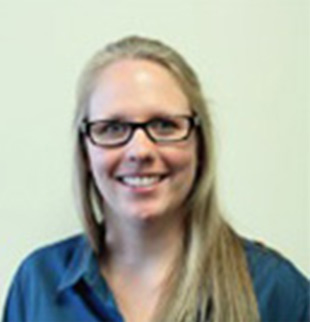
Virtual Symposium on
Skills Translation
Presented by
College Student Success Innovation Centre
Date: Tuesday, May 2, 2023
Time: 8:45 am to 12:00 pm (EDT)
Location: Virtual (Zoom Webinar)
Cost: Free
Do postsecondary institutions and employers “speak the same language” when it comes to skills?
In our Virtual Symposium on Skills Translation (Tuesday, May 2, 2023), we shared the outcomes of our Future Ready Skills Translator (FRST) project and explored the translation of skills-based performance expectations between postsecondary and employment contexts.
This event featured presentations by the CSSIC and Labour Market Information Council (LMIC) on defining and classifying skills, as well a panel discussion on the role better skills translation between postsecondary and employment contexts might play in addressing concerns about a “skills gap,” with panelists from the American Association of Colleges & Universities (AAC&U), Future Skills Centre (FSC), Higher Education Quality Council of Ontario (HEQCO) and LMIC. CSSIC also announced a new funding opportunity for scholars whose research supports student success.
The recording, along with bookmarking and closed captioning, is available below and on YouTube.
CSSIC acknowledges the support of the Social Sciences and Humanities Research Council (SSHRC) on behalf of the Natural Sciences and Engineering Research Council of Canada (NSERC)'s College and Community Innovation (CCI) Program.
Symposium Program
All times in Eastern Daylight Time (EDT).
| Time | Program Information |
|---|---|
| 8:45-9:00am | Welcome and Introductions Katie Burrows (Vice President, Students, International and Alumni, Mohawk College) |
| 9:00-9:30am | Defining and Demystifying Skills Laura Adkins-Hackett (Economist, LMIC) “What is a skill?” The definition of skills can often differ depending on the individual and the context, which means people have their own interpretation of what skills entail. This session will address variability within skills definitions by providing an overview of what constitutes a “skill” in the context of the labour market. After establishing a shared understanding of the term, LMIC will delve into skills-based labour market information and the ways in which skills data can be utilized to guide and/or support career planning, training and development, and hiring. |
| 9:30-10:00am | The Future Ready Skills Translator Pamela Ingleton (Director, CSSIC) This session will provide an overview of CSSIC’s Tri-Agency-funded FRST project, wherein we developed and piloted a process to facilitate more precise and rigorous, two-way skills translation between postsecondary and employment contexts. In partnership with three local, cross-sectoral employers (Gerrie Electric, Thrive Group, Walters Group), Mohawk faculty, and student research partners, we were able to generate custom job-specific skills profiles that formed the basis of scenario-based AI simulations capable of self-assessing authentic, contextual demonstrations of the identified skills in a virtual environment. We will share quantitative and qualitative findings from our pilot implementations and discuss how the FRST translation process has been and can be further leveraged in other research and academic contexts. |
| 10:00-10:10am | BREAK |
| 10:10-11:30am | Panel Discussion: Can better “skills translation” between postsecondary and employment contexts help address concerns about a “skills gap”?
Panelists:
|
| 11:30-11:50am | Q&A Session |
| 11:50am-12pm | Closing Remarks and CSSIC Fellowship Funding Announcement |






